
For What It’s Earth…
Recycle This, Trash That
Knowing what to throw away and what to recycle isn’t always so easy to remember. This guide will help you keep track of the differences and provides tips for how you can go above and beyond and start composting.
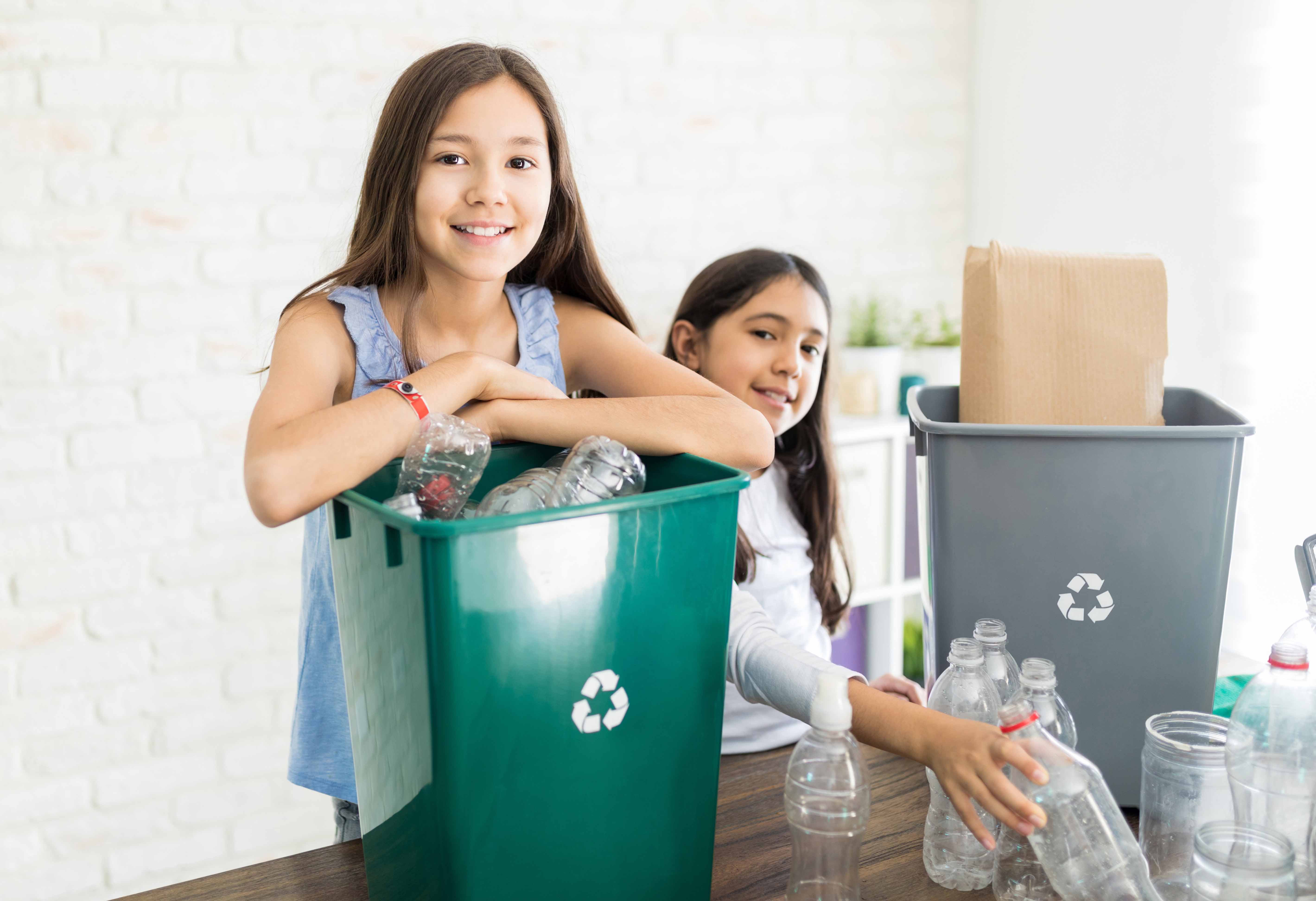
RECYCLE:
Check with your town or waste-removal service to find out what it accepts. The items below are commonly recyclable if clean.
- Paper and cardboard
- Aluminum, steel, and tin
- Glass
- Plastic containers
- Cartons
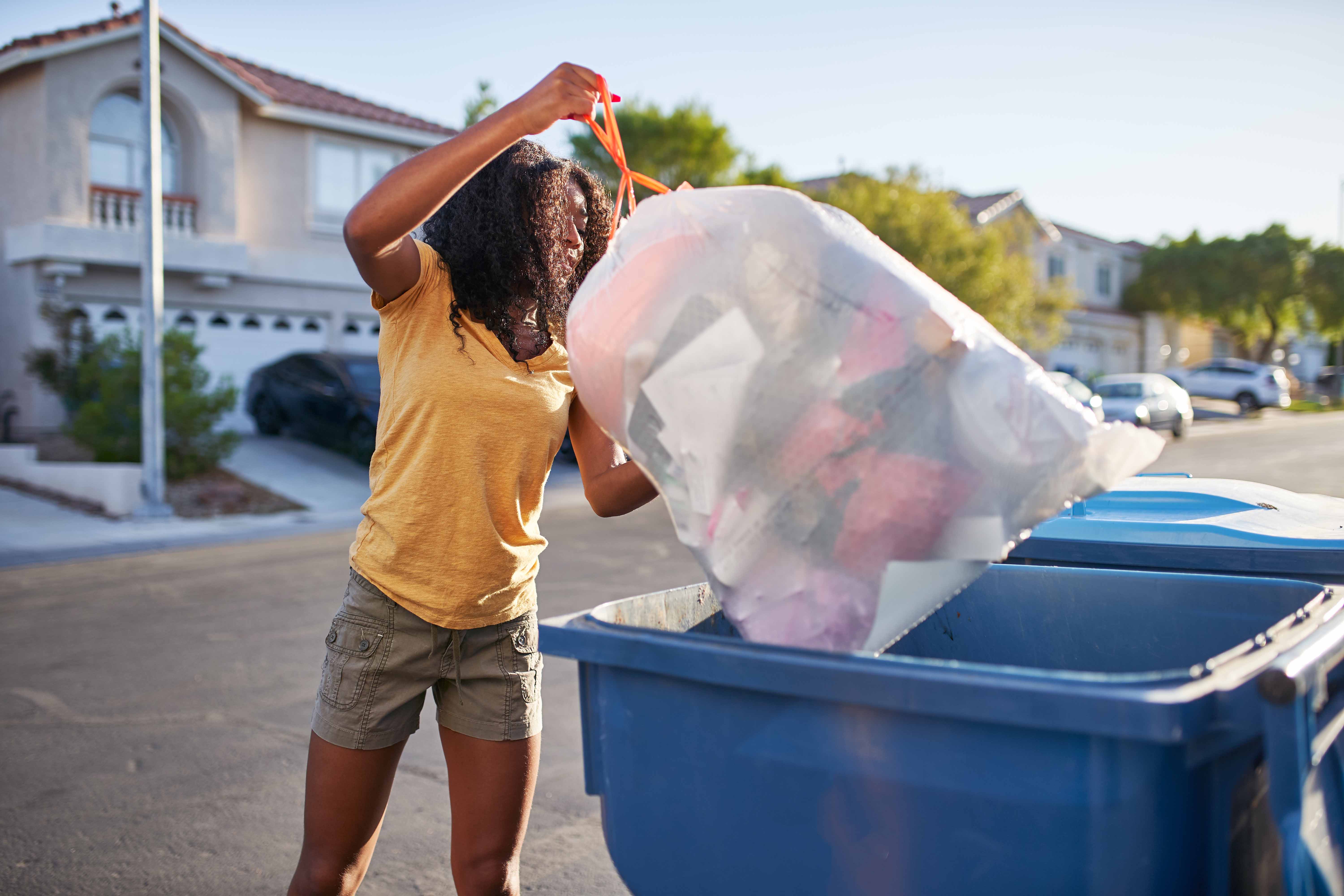
TRASH:
The following items are hard to recycle. Try to use alternative materials and reusable items when you can.
- Coated paper products
- Most Styrofoam
- Disposable diapers
- Food wrappers
- Food-related paper products
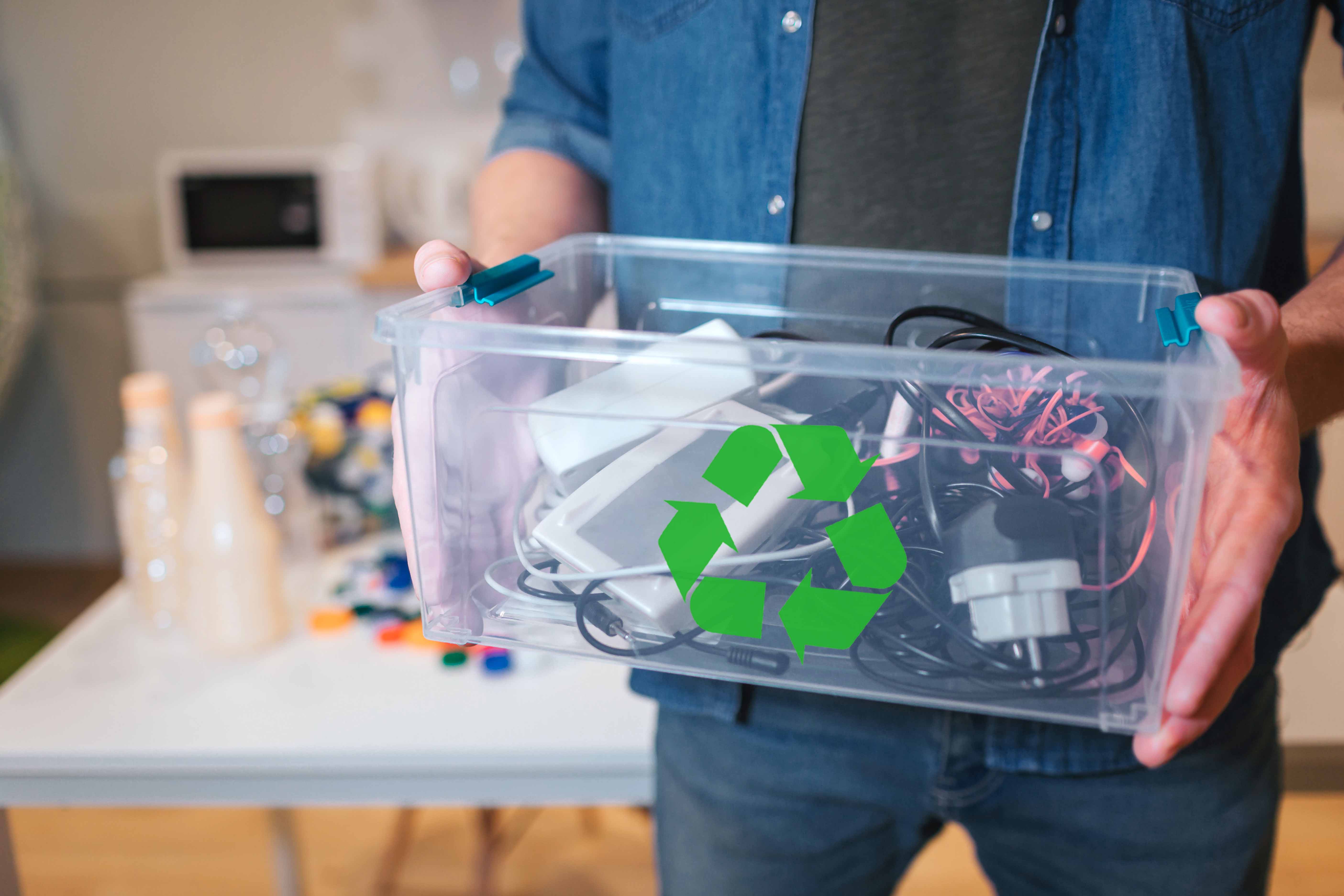
SPECIAL RECYCLING BIN:
Some businesses and government services accept these items for disposal.
- Plastic bags
- Empty ink cartridges
- Household batteries
- Light bulbs
- Clothing and shoes
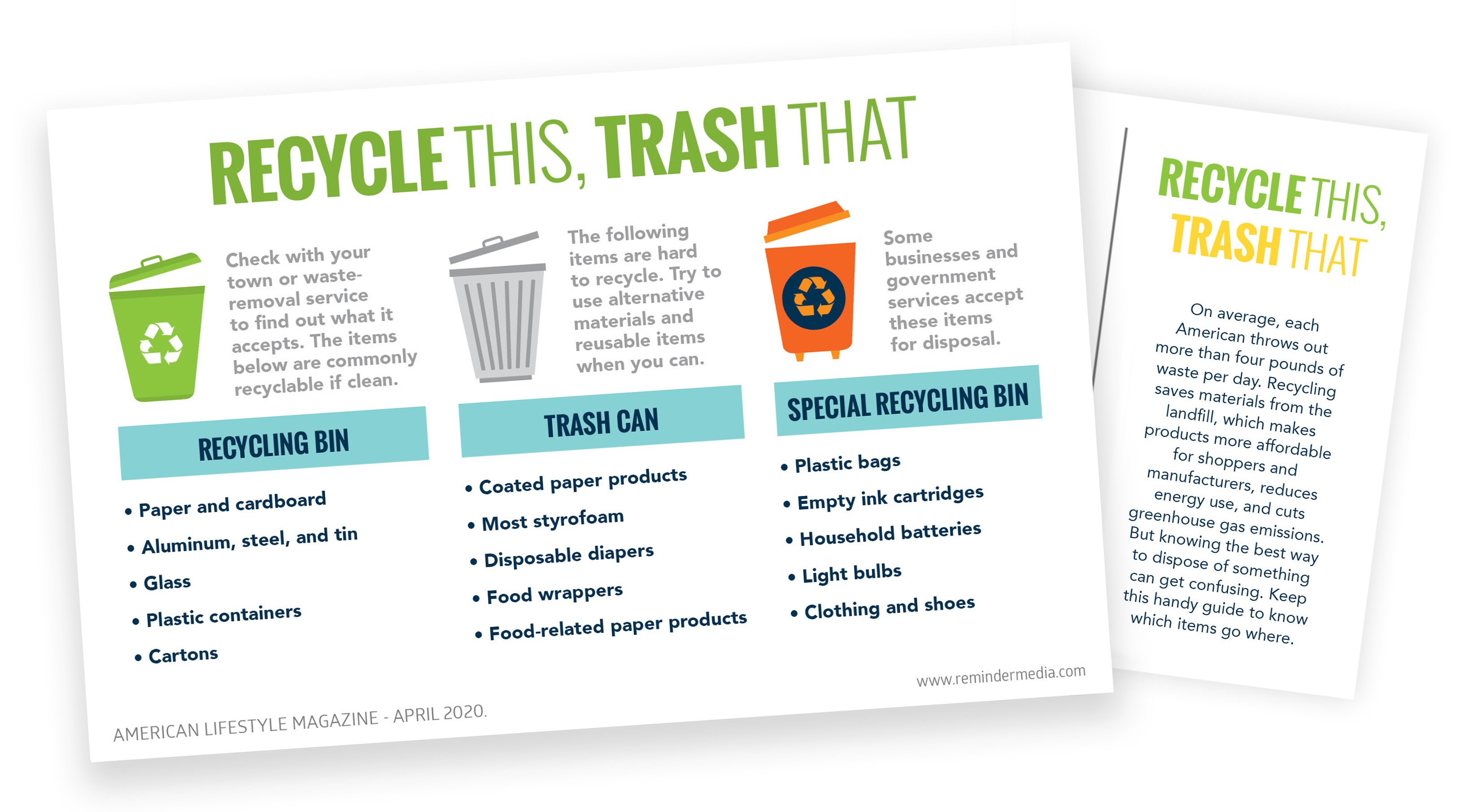
Composting 101
When done right, composting can be extremely beneficial to the environment. In this process, organic material that’s often thrown into the trash (like food scraps) is decomposed to create a nutrient-rich soil conditioner.
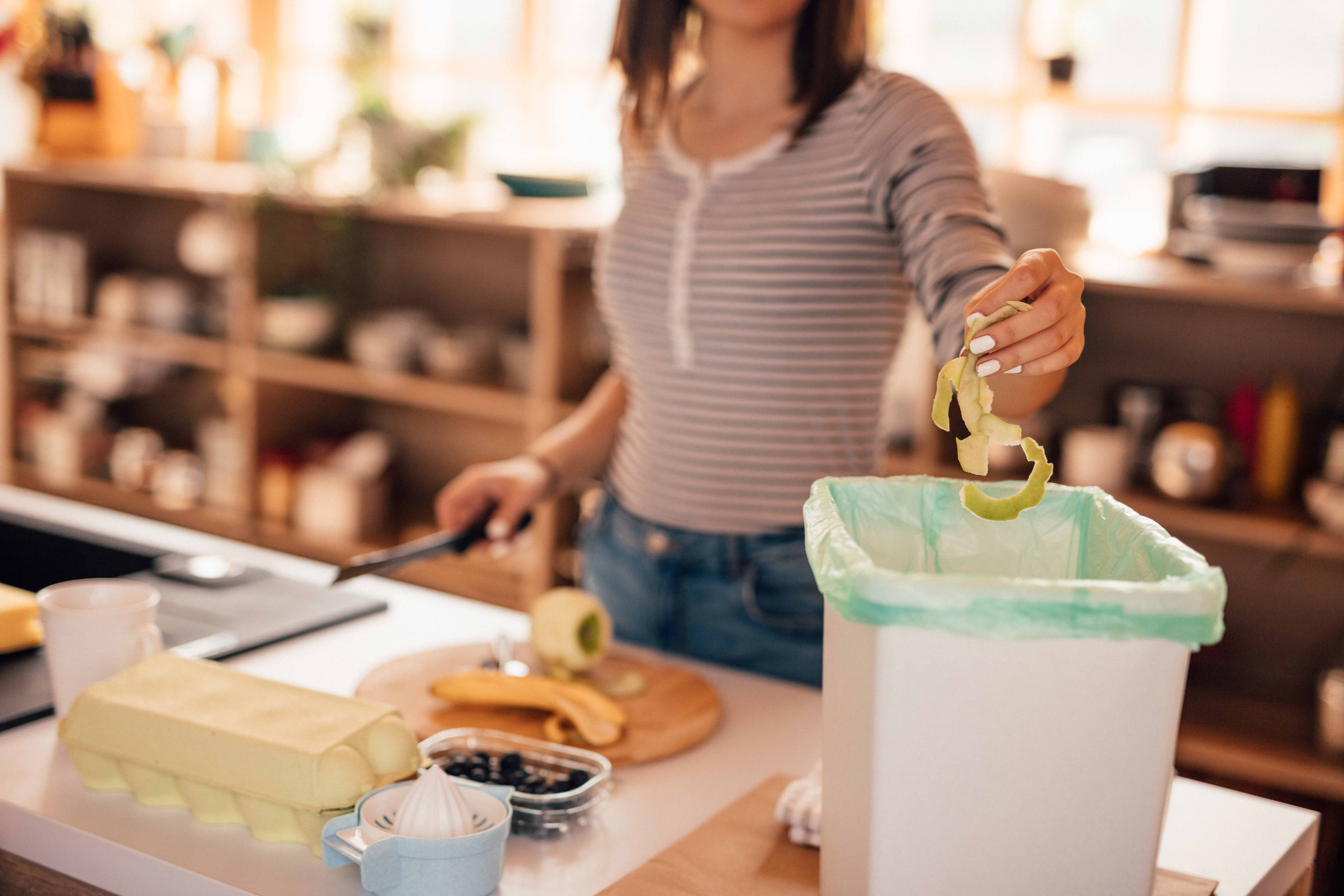
Things to compost:
- Fruits and vegetables
- Leaves
- Cotton and wool rags
- Cardboard and paper (not coated)
- Coffee grounds, filters, and tea bags
- Eggshells
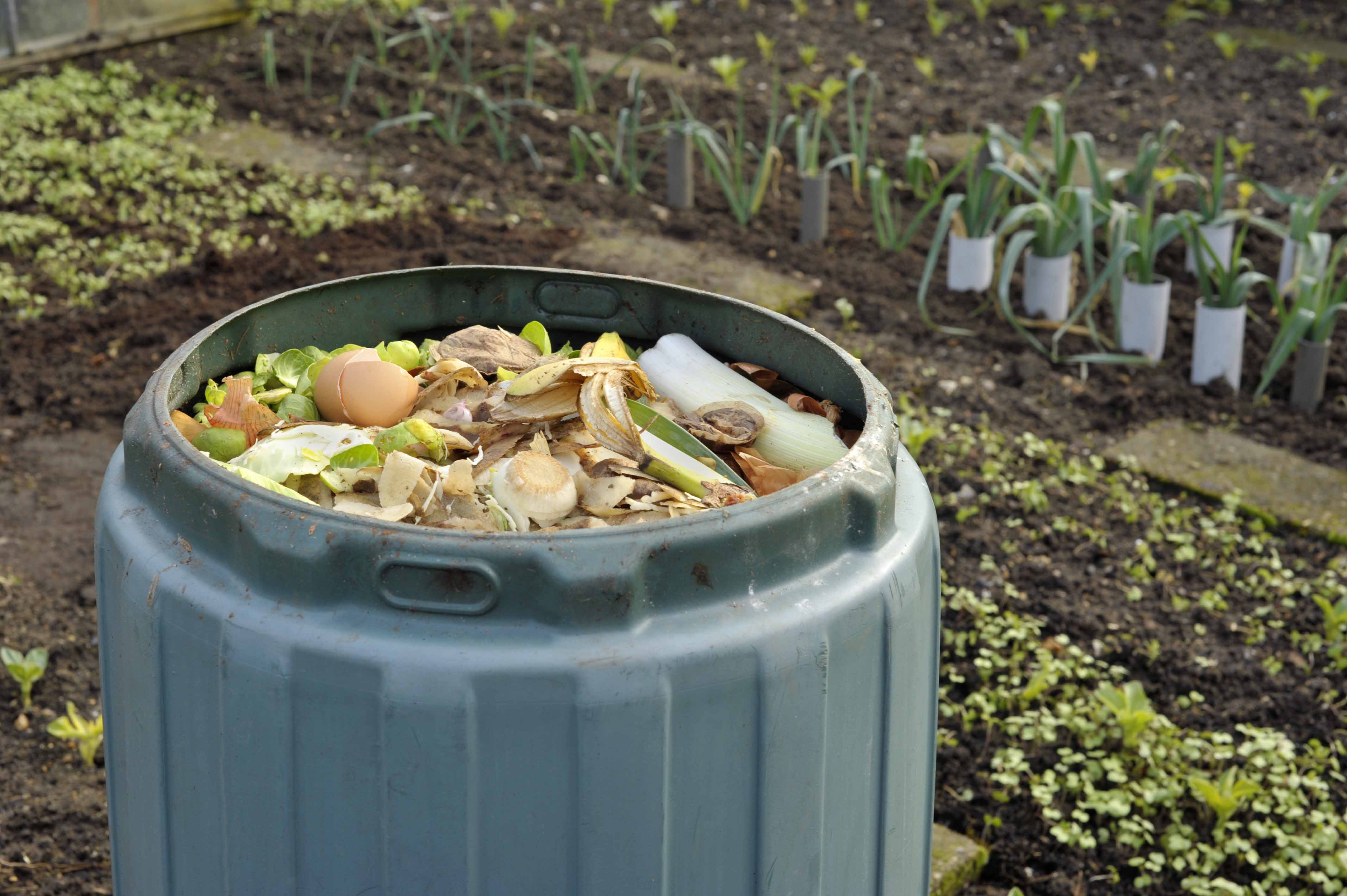
How to compost in your backyard:
Choose a bin or a box that can fit a generous amount of composting materials, which should include both green materials (such as fruit scraps and vegetable waste) and brown materials (such as dried leaves and twigs). Pick a spot that is dry, shady, and near a water source (or a spot you are easily able to bring water to). Make sure you add water to the bin as you continue putting in materials so the pieces stay moist. Fruit and vegetables should be under at least ten inches of the compost. You’ll know when the compost is ready when the bottom of the bin is dark in color, which can take anywhere between a few months and a few years, depending on the size of the bin and how you tend to your compost.
Educate family and friends about eco-friendly waste disposal with this handy guide!
Up Next:
Businesses Doing Big Things

Posted in April 2020 on Feb 17, 2020